A fire that destroyed the Speedibake factory in Wakefield has resulted in a £25m exceptional charge for owner Associated British Foods (ABF).
The blaze, in February this year, destroyed two buildings and damaged others. After a review of options, the company announced the factory would close permanently and some products would transfer to its Bradford site.
Announcing its interim results for the 24 weeks ended 29 February, ABF said exceptional charges including Speedibake and the closure of Primark stores had resulted in statutory profit before tax falling 42% to £298m. Reported revenue across ABF rose 2% to £7.6bn over the period.
The company said “significant” cost reductions had been implemented by Allied Bakeries to mitigate the division losing its own-label contract to supply Tesco stores. These had included the closure of Allied’s bakery in Cardiff.
ABF reported that the expected sales decline at Allied Bakeries had been offset by higher sales at George Weston Foods in Australia, AB World Foods and Silver Spoon. As a result, grocery division revenues were flat year-on-year.
Overall operating profit fell slightly at ABF’s ingredients division despite a 2% increase in revenue.
Sales and operating profit rose at AB Mauri, with the company reporting strong sales growth in yeast and operational efficiencies in the US.
Referring to the impact of coronavirus across ABF, chief executive George Weston said he had been “humbled” by the willingness of staff to come to work “while so many of the rest of us sit this disease out safely at home”.
“Our food businesses, and in particular our food factories and depots and drivers, have equally been put under intense pressure since this pandemic began, but in very different ways.
“ABF businesses produce more food in the UK than any other organisation and we are significant producers of food in other countries, too. It has been essential that they all keep fully running. Indeed, during the weeks of panic-buying, they had to produce more than ever before.”
Weston added that this has been done while reconfiguring factory layouts to ensure safe working for staff, and during higher than normal absence and while often being isolated from outside sources of technical support.
“Our success in keeping the nation fed is testament to the robustness of the modern food chain; it is also testament to the reality that you don’t need to tell most people how to behave well, you just need to allow them to do so; and it is the finest thing I have seen in a career in business.”



















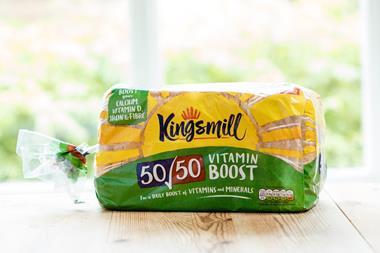
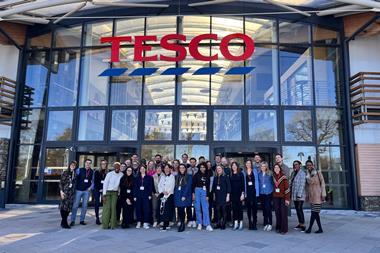
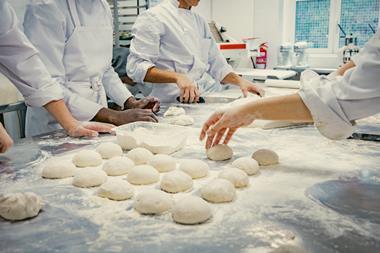

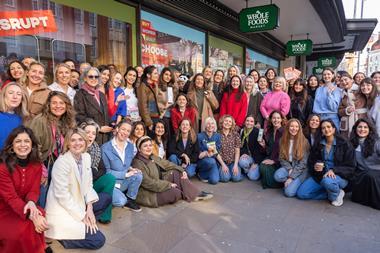
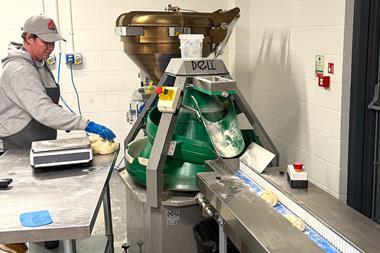
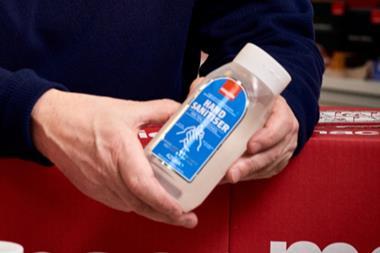


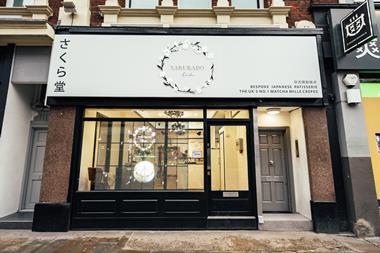
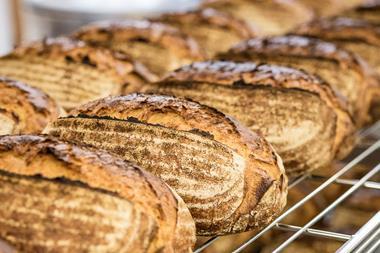
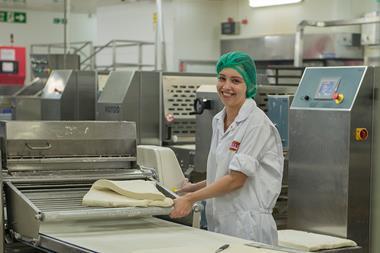

No comments yet